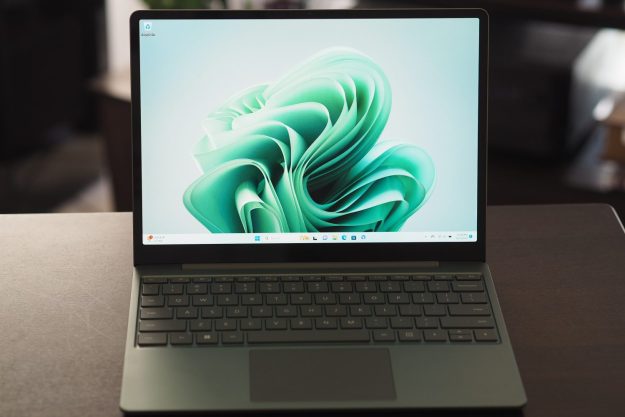If the great silicon shortage of 2021 has you down, there may be some good news in not being able to upgrade your PC, at least immediately. According to the latest report, Intel’s 12th Gen processors could offer a sizable performance uplift, and the best news is that Alder Lake for the desktop is rumored to come later this year with a maximum of 16 cores and 24 threads.
The latest report from HKEPC suggests that Intel could debut its 12th Gen Alder Lake platform — which made a brief appearance during the company’s CES 2021 presentation — as early as September 2021. If this report is accurate, this means that in 2021, Intel would have launched two desktop CPU families: 11th Gen Rocket Lake and 12th Gen Alder Lake. Gamers and PC enthusiasts hanging on to older systems and were initially looking to move to Rocket Lake may want to wait, as Alder Lake comes with a brand new architecture and a boost in core count that should lead to better performance improvements.
Compared to Rocket Lake, Alder Lake doubles the core count, but it’s not quite a straightforward comparison because of Intel’s heterogeneous approach to cores.

Unlike previous desktop architectures, Alder Lake is unique in that it will take on a hybrid architecture by utilizing a combination of high-performance Golden Cove cores and high-efficiency Gracemont (Atom) cores. We already heard that Alder Lake would be using Intel’s 10nm Enhanced SuperFin process from an earlier leak, but the report now suggests that the new architecture and design will lead to 15% better power efficiency — thanks to the Gracemont cores — and Gracemont is expected to deliver an instructions-per-clock (IPC) gain of 20% compared to Willow Cove.
This means that 12th Gen Alder Lake would deliver a whopping 40-50% performance boost over Intel’s aging Skylake architecture that launched in 2015.
And according to a headline on Wccftech, Alder Lake’s 16-core CPU is expected to deliver up to a 20% IPC gain over Tiger Lake, which is Intel’s 11th Gen mobile processor.
Those upgrading their existing hardware to Alder Lake will need a new board, as the 12th Gen processor uses a new LGA 1700 socket, which is said to have a larger footprint than the LGA 1200 design. The new socket also adds new capabilities, like support for the PCI Express 5.0 standard, DDR5 memory, and new Thunderbolt and Wi-Fi support.
In essence, given that Intel isn’t waiting too long to launch Alder Lake — if it can secure the parts to manufacture its processors during the pandemic — gamers may want to skip an 11th Gen upgrade, especially if the performance gains for 12th Gen prove accurate.
Editors' Recommendations
- It just became the perfect time to buy a last-gen Intel CPU
- Reviewers agree: Intel’s latest chip is truly ridiculous
- Intel’s CPUs just got way more confusing
- Some surprising details on Intel’s upcoming 14th-gen laptops just leaked
- Intel may have accidentally leaked the release date for Windows 12


